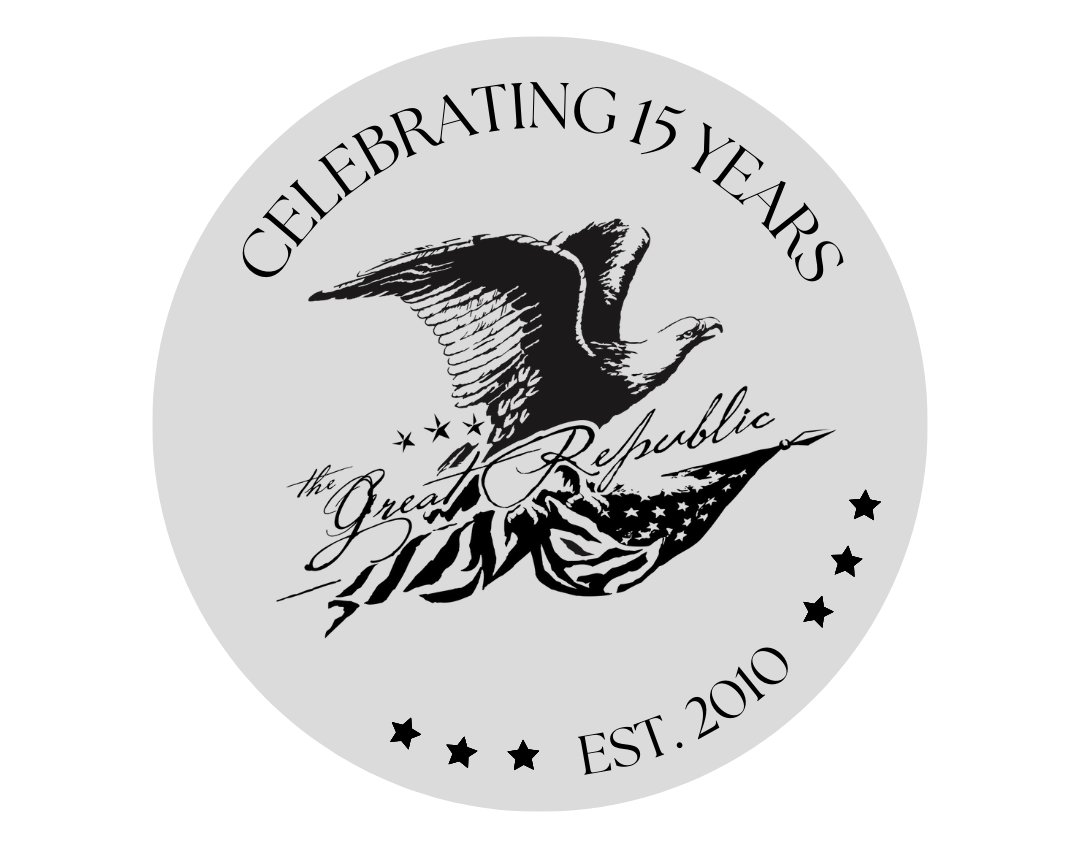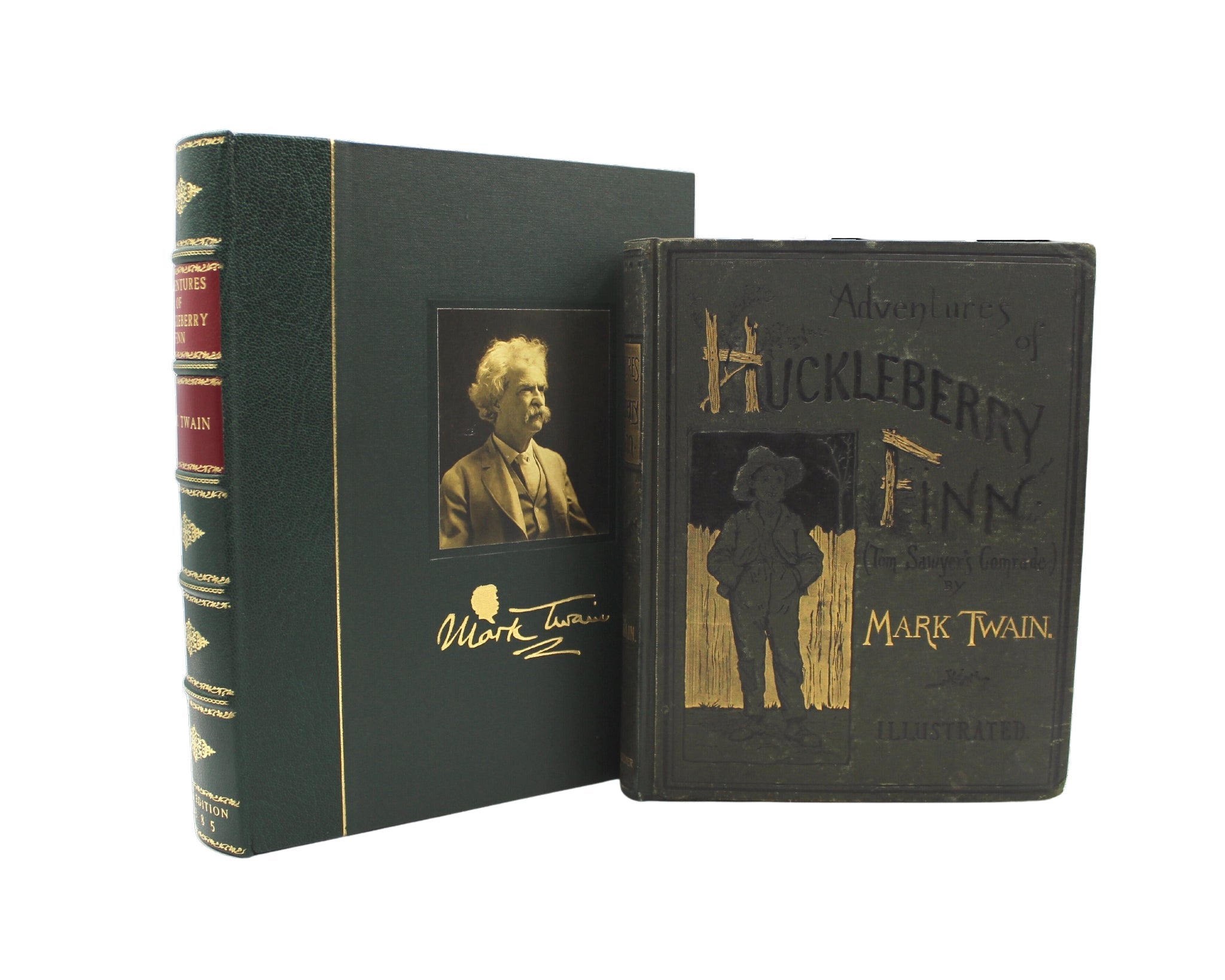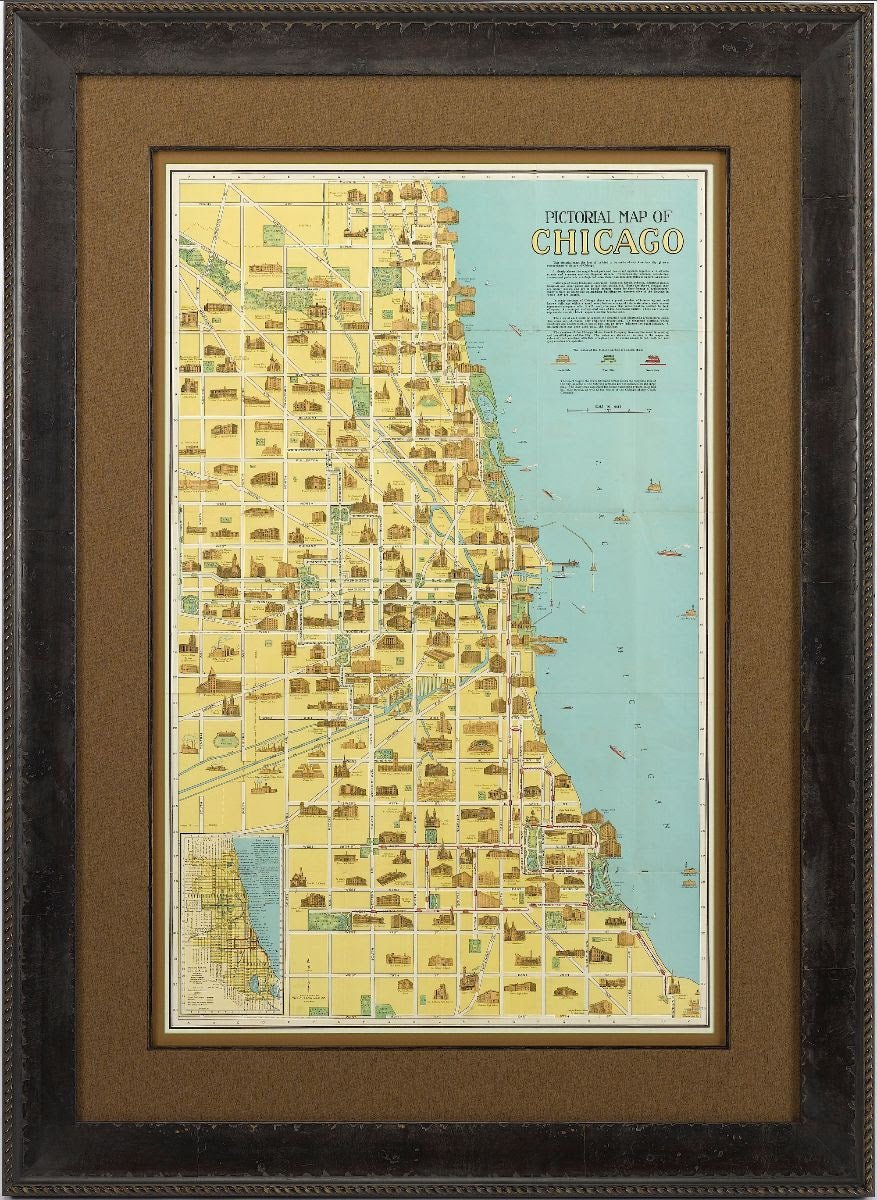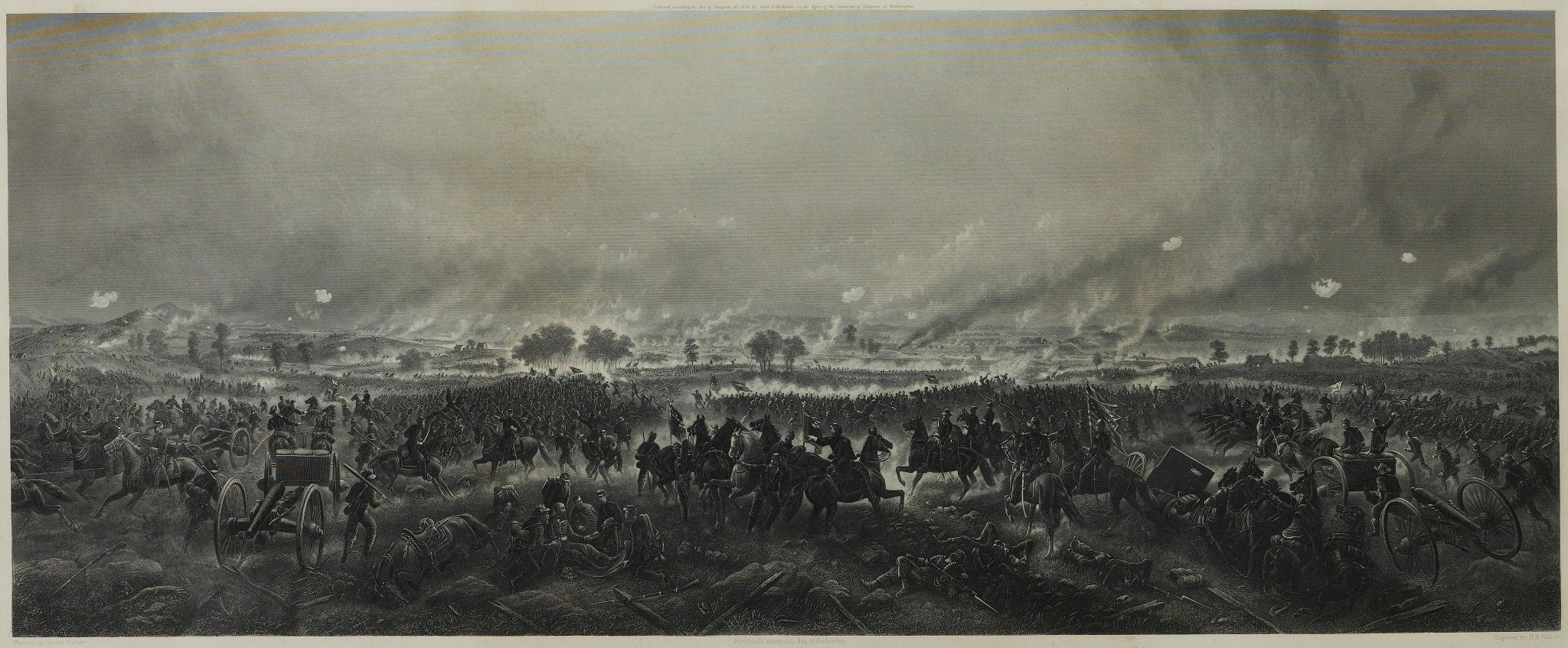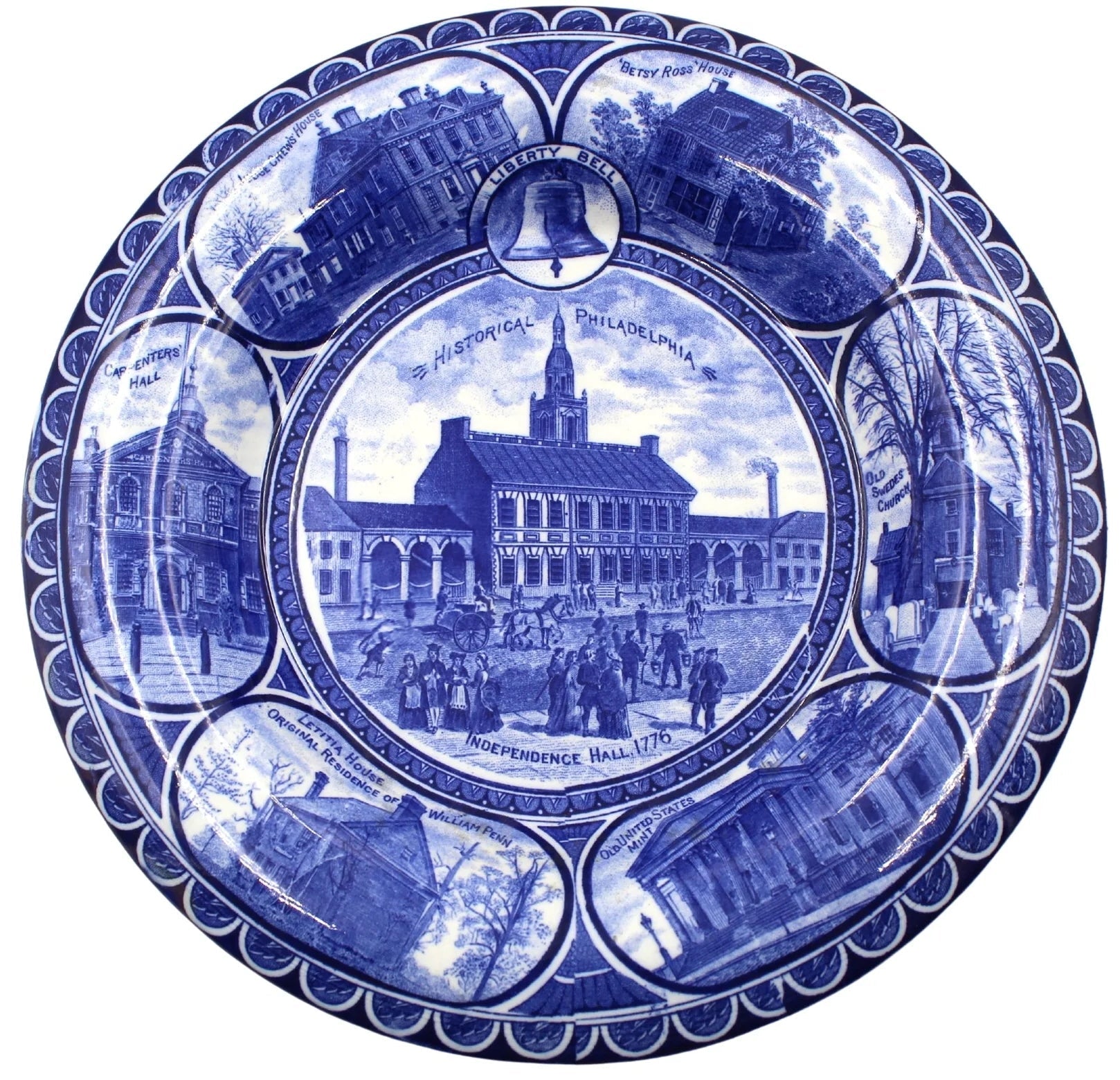From Corsica to Saint Helena- the Eccentric Life of Napoleon Bonaparte
A famed military figure, Napoleon Bonaparte is arguably one of the most famous Frenchmen to ever emerge out of the 19th century. His legacy endures in the form of endless literature that meticulously analyzes his entire life from start to finish, particularly his military campaigns during the Napoleonic Wars. Although Napoleon’s life was controversial and not particularly integral to the foundations of the USA, the policies and reforms that went into effect during his time as Emperor are still incredibly relevant to modern liberalism and strategic warfare. Let’s take a closer look at some of the events in Napoleon’s early life that led him to his destiny as one of the greatest military commanders in history.
Napoleon, although celebrated as a Frenchman, was actually born in Corsica, a former Italian state, that had been ceded to France the same year Napoleon was born. His parents joined the Corsican resistance and actually fought against the French to maintain independence, even when his mother was pregnant with him! His father Carlo was an attorney who had supported fellow patriot Pasquale Paoli during the Corsican War of Independence against France. After a difficult Corsican defeat in 1769, combined with Paoli's exile in Britain, Carlo began working for the new French government and went on to be named representative of the island to the French king. This did not sit well with Paoli, who would never forgive his family for their perceived “betrayal” of the cause for independence. This would have an unintentionally profound impact on Napoleon in his formative years.
There are a few examples of Napoleon’s effective leadership as a youth; one legend told of a young Napoleon at school who led junior students to victory against senior students in a snowball fight, earning a healthy rapport as an effective leader.
His short stature (viewed as a weakness and often genetic inferiority) combined with a “shameful” family background of ‘traitors’ worked against him in establishing good connections with his fellow Frenchmen. Despite these obstacles, it is a testament to Napoleon’s passion, bravery and charisma that he was to able to overcome these judgements and establish respectable relationships with his peers.
Upon graduating from military school in September 1785, Bonaparte was commissioned as second lieutenant in an artillery regiment, where he served until after the outbreak of the French Revolution in 1789. Bonaparte was still a fervent Corsican nationalist during this period. He asked for leave from his military post to join his mentor Pasquale Paoli; unbeknownst to him, Paoli had no sympathy for Napoleon, as he deemed the entire Bonaparte family ‘traitors’ for having deserted his cause for Corsican independence.
Disappointed by Paoli’s response, Napoleon spent the early years of the Revolution in Corsica, fighting in a complex three-way struggle among royalists, revolutionaries, and Corsican nationalists. Napoleon later came to embrace the ideals of the Revolution, becoming a supporter of the Jacobins and joining the pro-French Corsican Republicans who opposed Paoli's policy and his aspirations of secession.
Napoleon’s aggressive leadership style led him to several military victories early in his career, which catapulted him to stardom across not only France, but the entirety of Europe.
Napoleon’s first real taste of recognition came after he was credited with successfully commanding French forces to fight off royal insurgents who were attacking the governing French Directory in 1794.
An incredibly significant moment for Napoleon was his involvement in the Italian Campaigns of the French Revolutionary Wars. He is largely credited with leading the French forces to victory over the (numerically) superior Austrian and Sardinian Armies, which brought prominence to Bonaparte, who at the time, was a young, largely unknown commander.
His application of conventional military ideas to real-world situations enabled his military triumphs. In 1798, Bonaparte decided that France's naval strength was not yet sufficient to confront the British Royal Navy. He decided on a military expedition to seize Egypt, thereby undermining Britain's access to its trade interests in India. Bonaparte wished to establish a French presence in the Middle East, and also send a clear message to Britain about where France’s global allegiance lies. Although the expedition to Egypt wasn’t necessarily a success, Napoleon was hailed as a hero upon his return to France, and the population’s growing feelings of resentment towards the ineffective Directory worked in his political favor.
Shortly afterwards, Napoleon, along with loyal subordinates, staged a coup d'état to overthrow and replace the existing government with Napoleon’s vision for France. After spending 10 years as the de facto leader of France, Napoleon presented a new “Constitution”, to be voted on by the public. This newly proposed constitution preserved the appearance of a republic but, in reality, established a dictatorship. The following decade was filled with over-confident military expeditions, a myriad of assassination attempts and malicious political manipulation. The numerous attempts on his life were used by Napoleon to argue the “essential nature” of an imperial system of government in France. Napoleon, who was once a humble Corsican nationalist, crowned himself King of the French Empire in 1804. Although on the surface this may appear to be a high achievement for Napoleon’s career, it was only the beginning of one of history’s biggest falls from grace.
Hoping to extend the Continental System, (his embargo against Britain) Napoleon invaded the Iberian Peninsula and ostentatiously declared his own brother, Joseph, the King of Spain in 1808. The Spanish and the Portuguese revolted in the Peninsular War (aided by a British army), culminating in an unexpected defeat for Napoleon's marshals. This defeat was the first of many, and so began the rapid downfall of Napoleon’s grip over Europe. His inflated sense of self and desire for social reverence ending up fueling rash decisions that resulted in devastating, and oftentimes embarrassing, losses for the Grand Armée. The flagrant disregard for French lives as Napoleon casually entered many unnecessary battles/disputes turned the public against him. The majority no longer had confidence in his abilities anymore, nor were they fond of the restoration of the imperial system. Napoleon ended up being treated with the same critical brutality that he enforced upon his political rivals, a bittersweet end to his career as leader of France.
Bowing to the inevitable, Napoleon abdicated in favor of his son. However, the Allies refused to accept this, who feared that Napoleon could find an excuse to retake the throne. Napoleon was then forced to announce his unconditional abdication shortly thereafter. Napoleon was exiled and swiftly removed from power. Refusing Napoleon's request for political asylum in England, the British forced Napoleon to stay on the island of Saint Helena. The British also took the precaution of sending a small garrison of soldiers to Saint Helena to prevent any escape from the island. This didn’t deter Napoleon from attempting to escape his exile, however, but he failed each time and eventually grew to accept his fate as the now imprisoned, and disgraced former leader of France. He eventually withdrew to his isolated manor, often writing about his hero Julius Caesar or playing patience (solitaire) amongst his few remaining loyal supporters.
This recollection of events is but a glimpse into the detailed, complex series of circumstances that compelled Napoleon’s fate and legacy. Our stunning 4-volume set of Napoleon’s Life provides intimate details of his upbringing and military career over the course of his life. Organized and written in chronological order, you can explore the details of Napoleon’s youth and better understand the regional and global effect Napoleon’s regime had during the 19th century. To see more of our historical biographies, check out our antique books collection.

